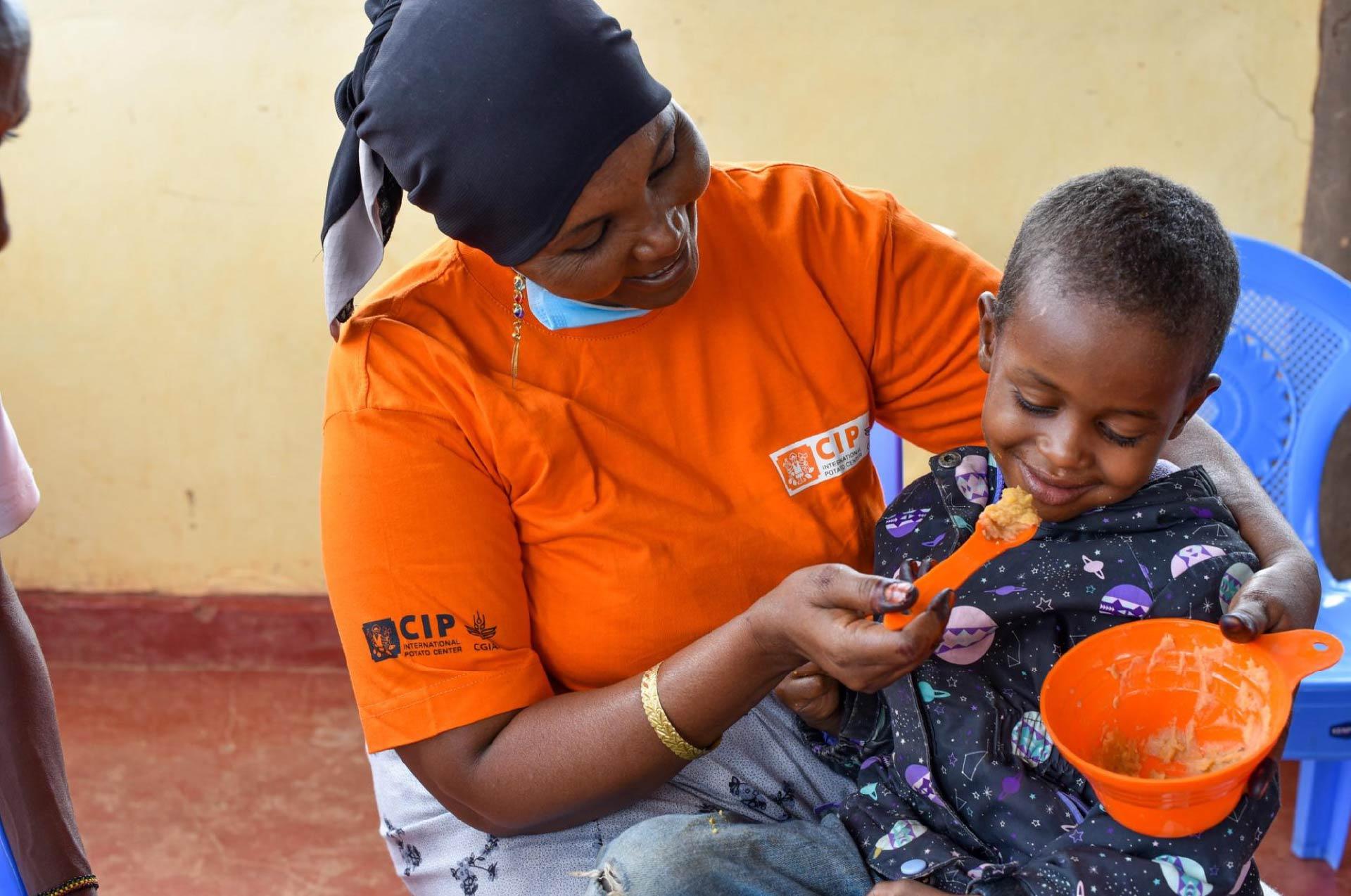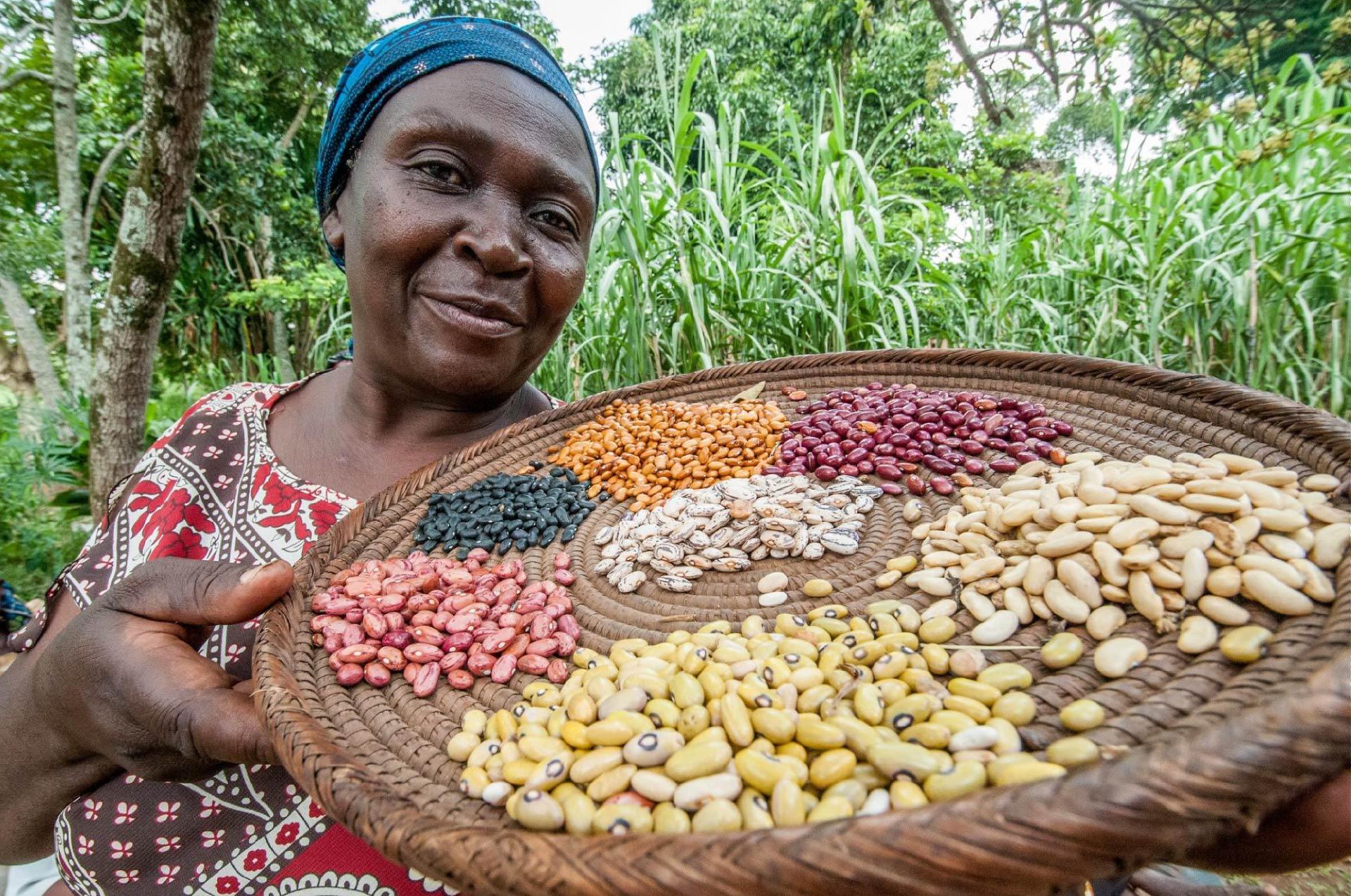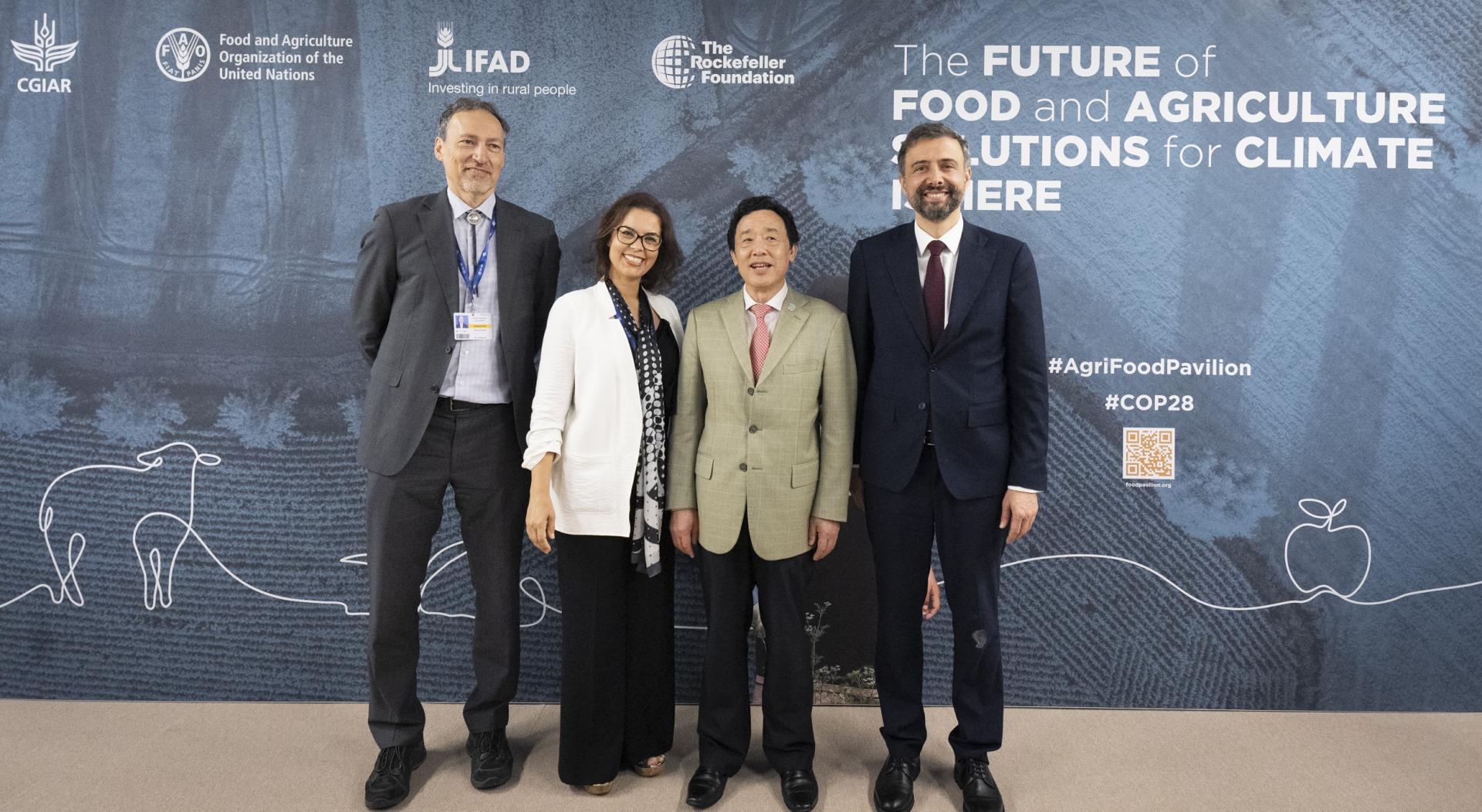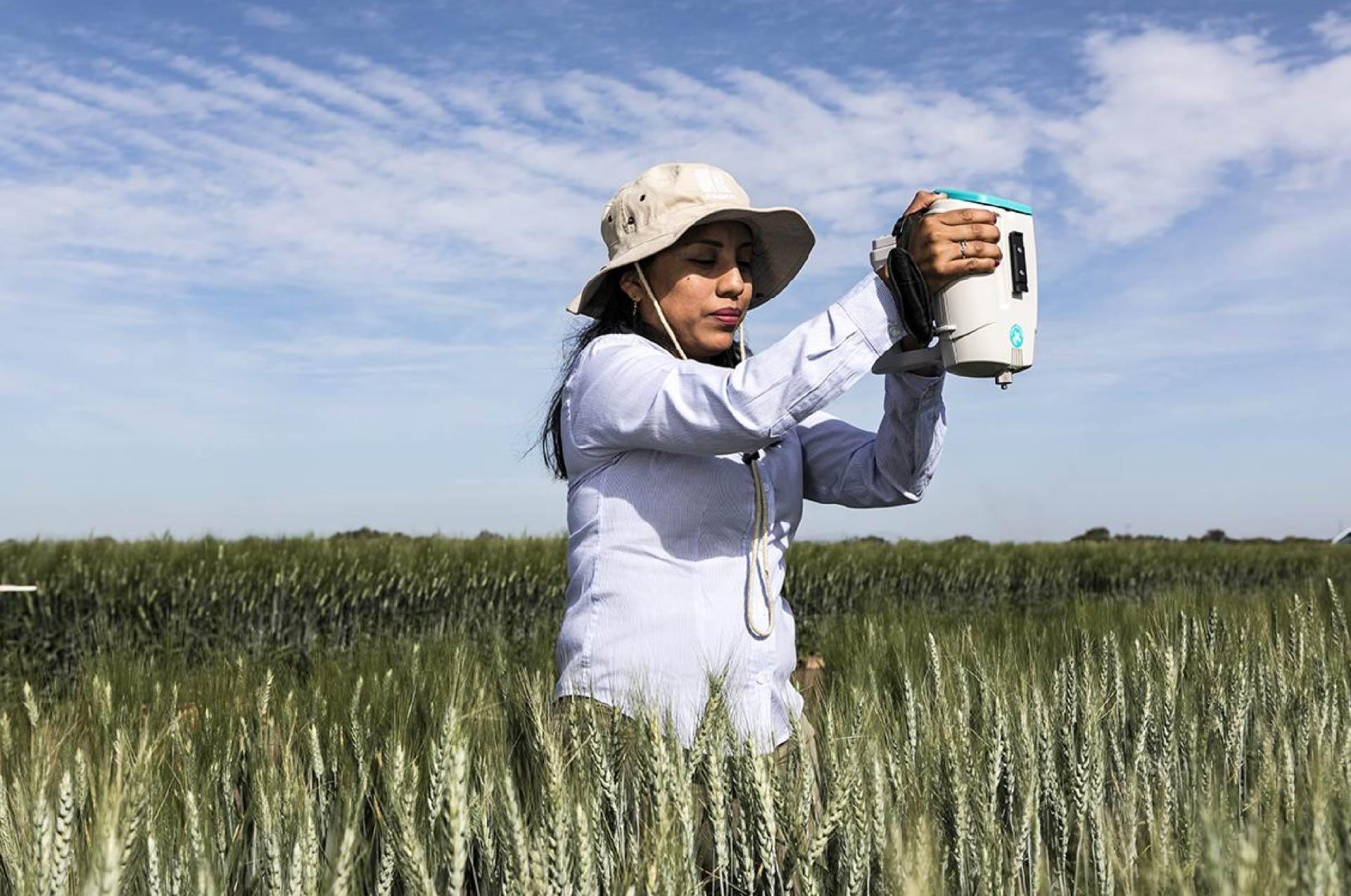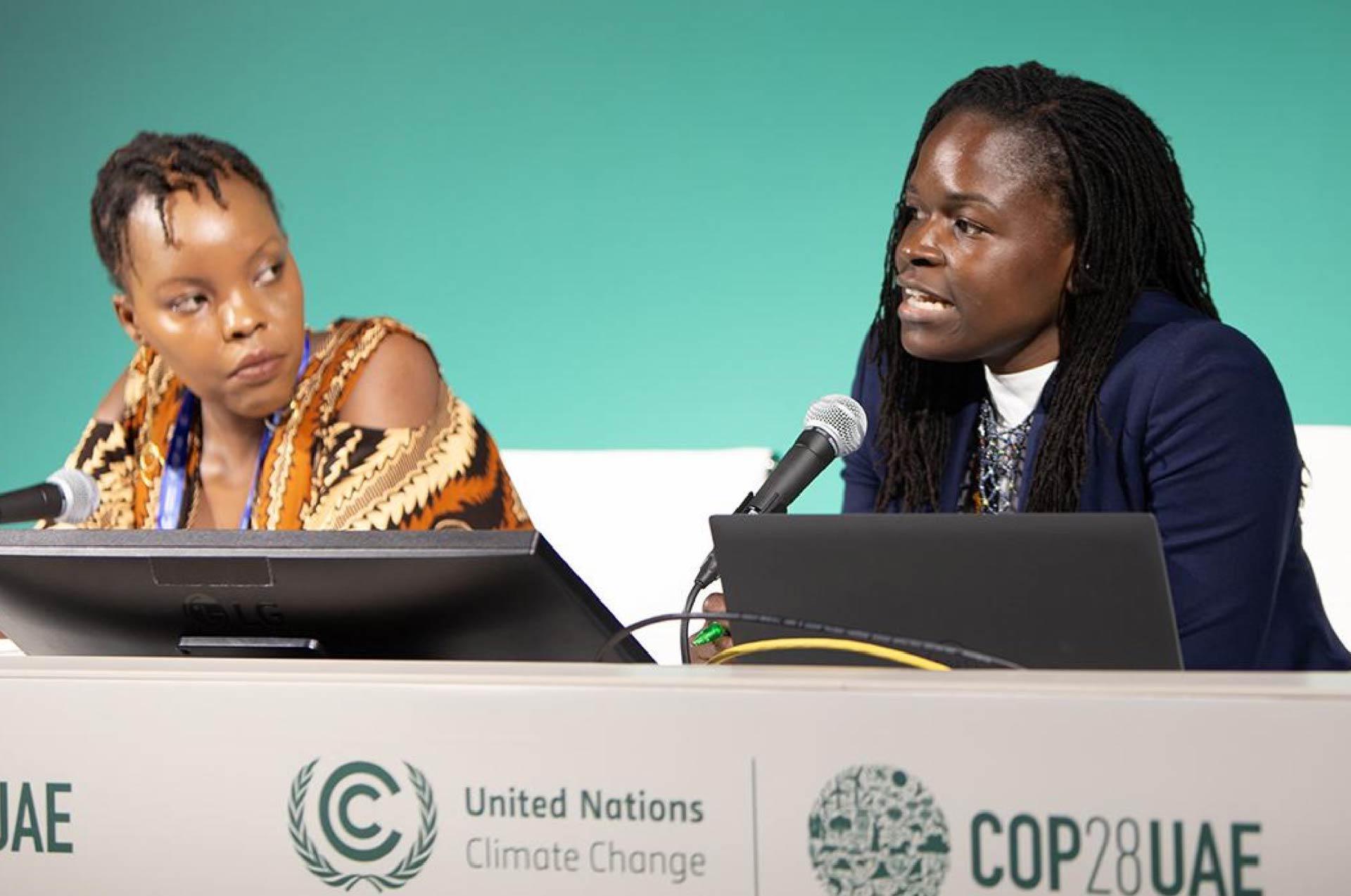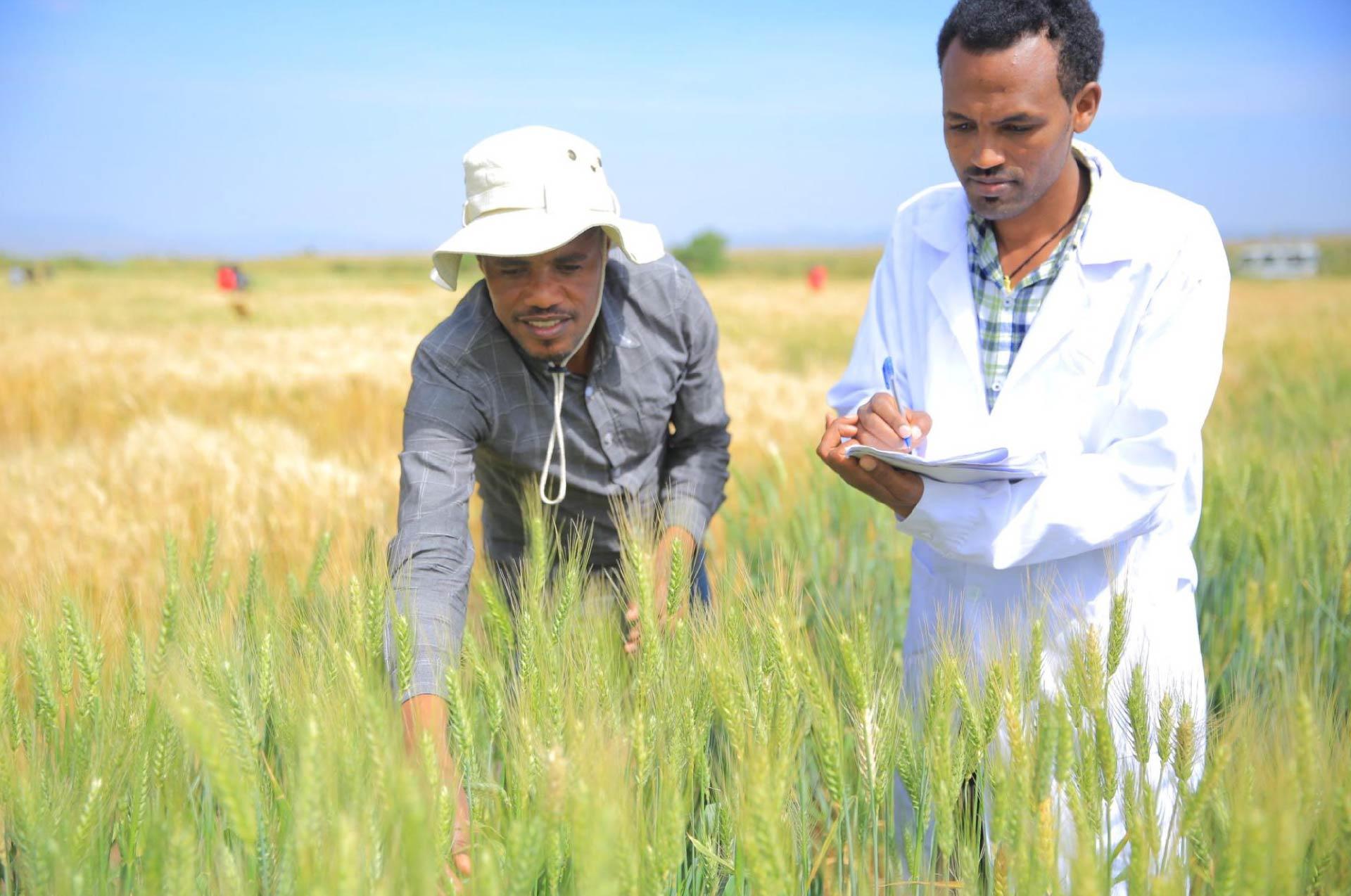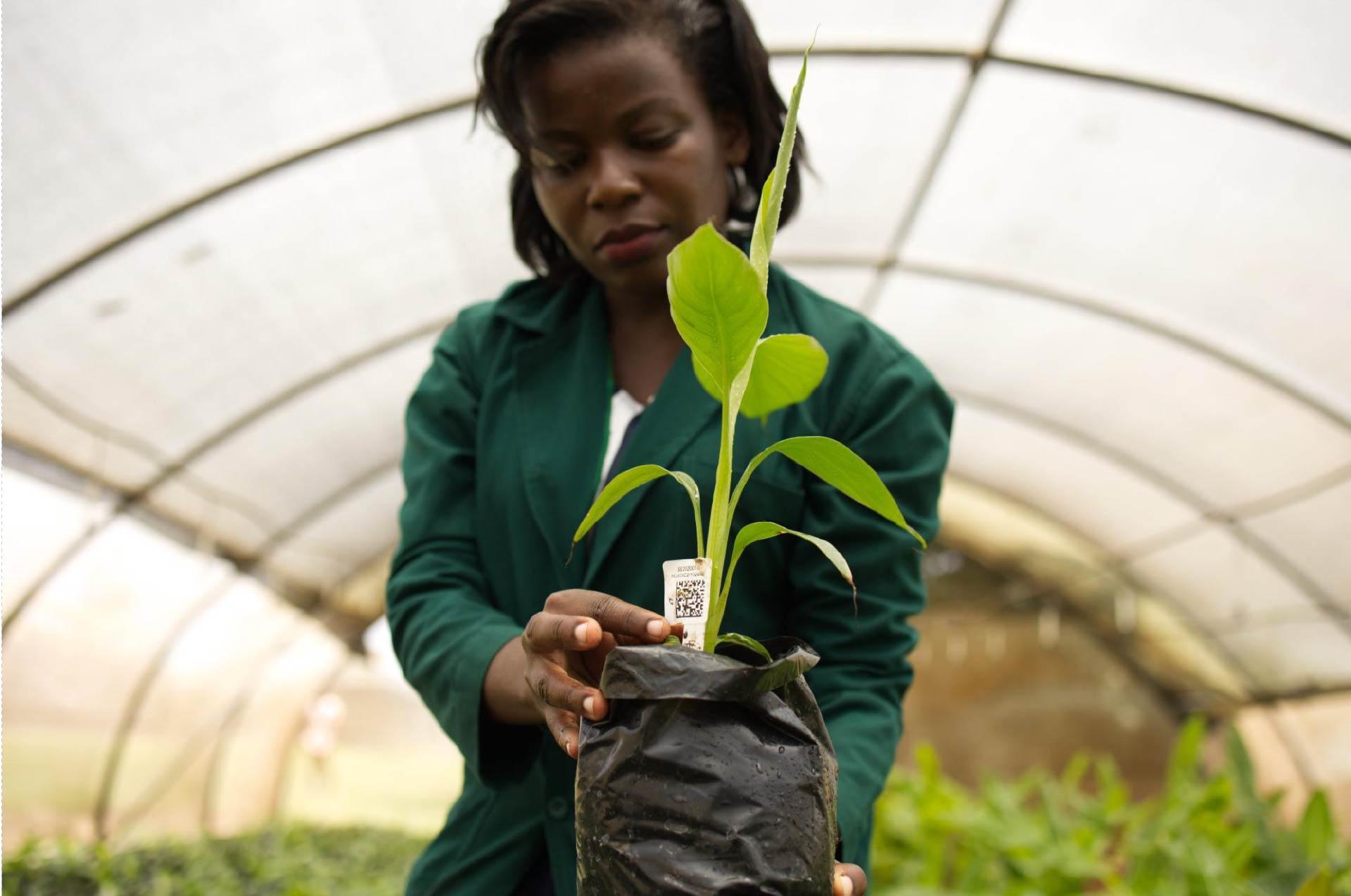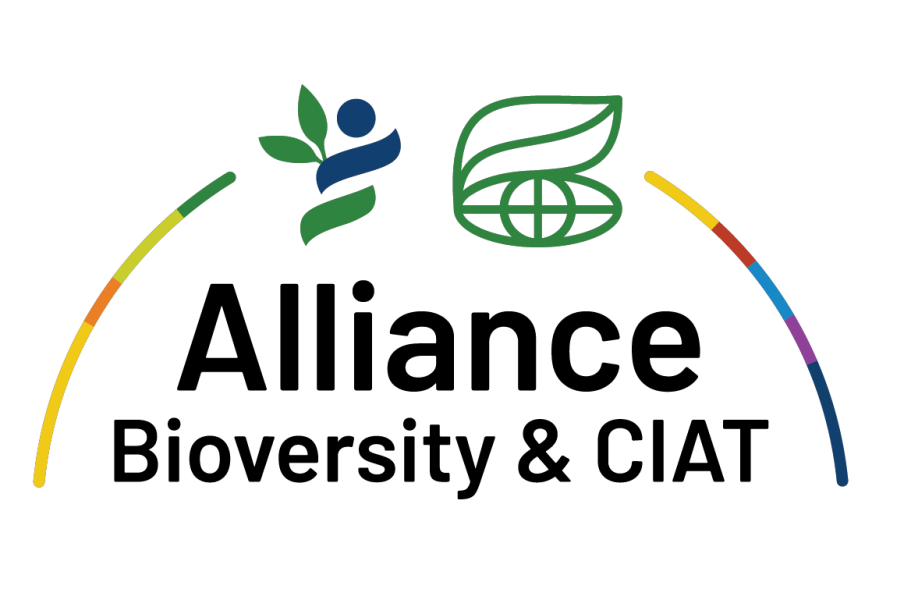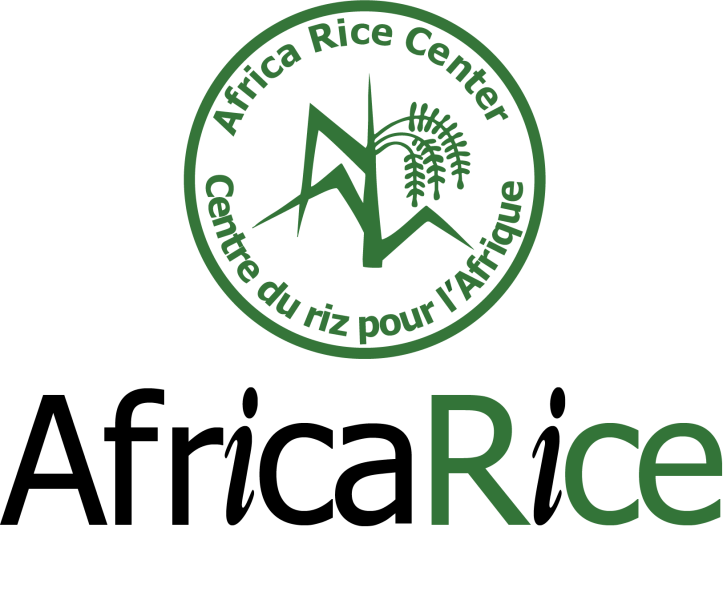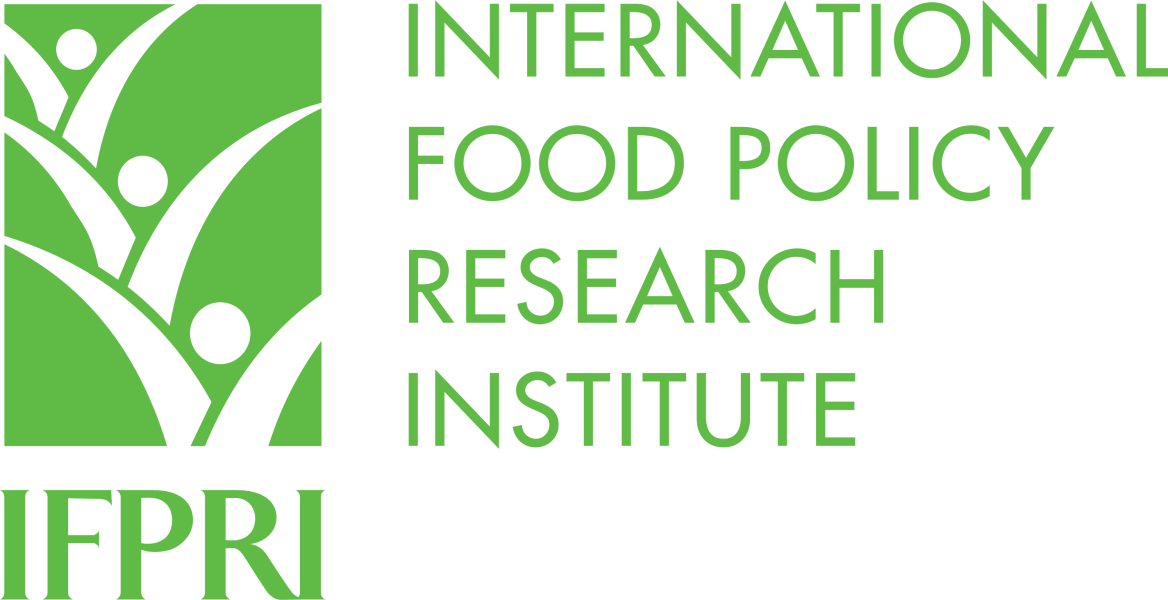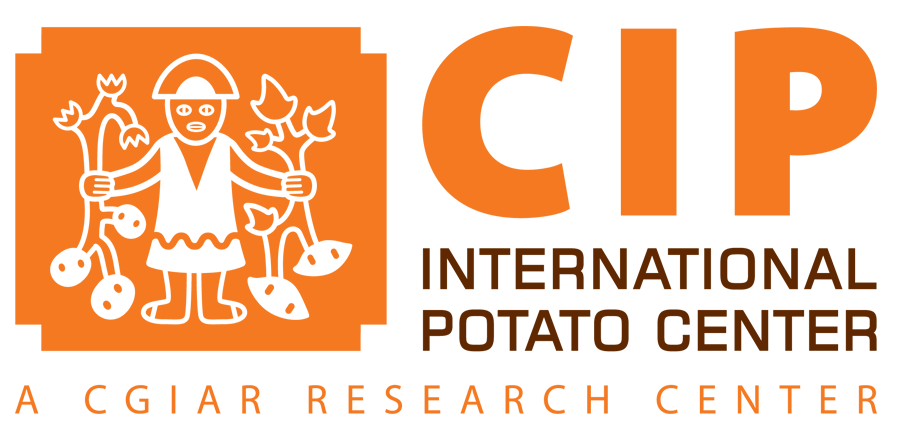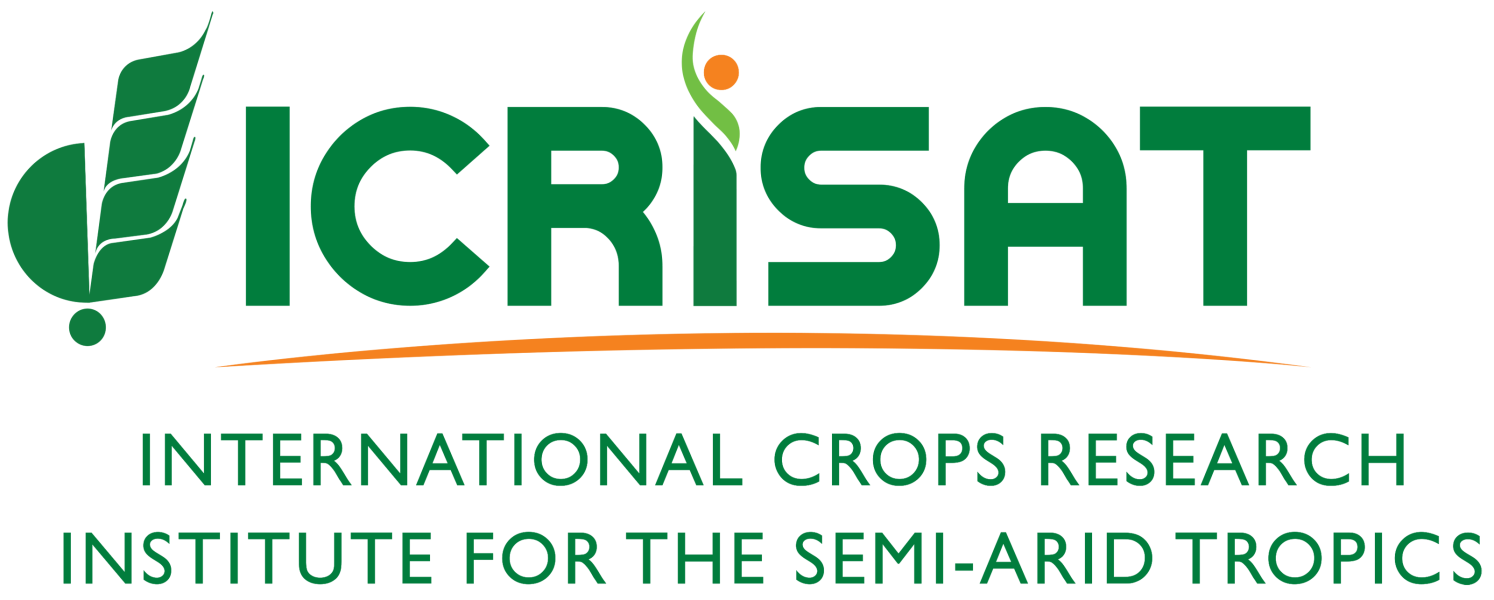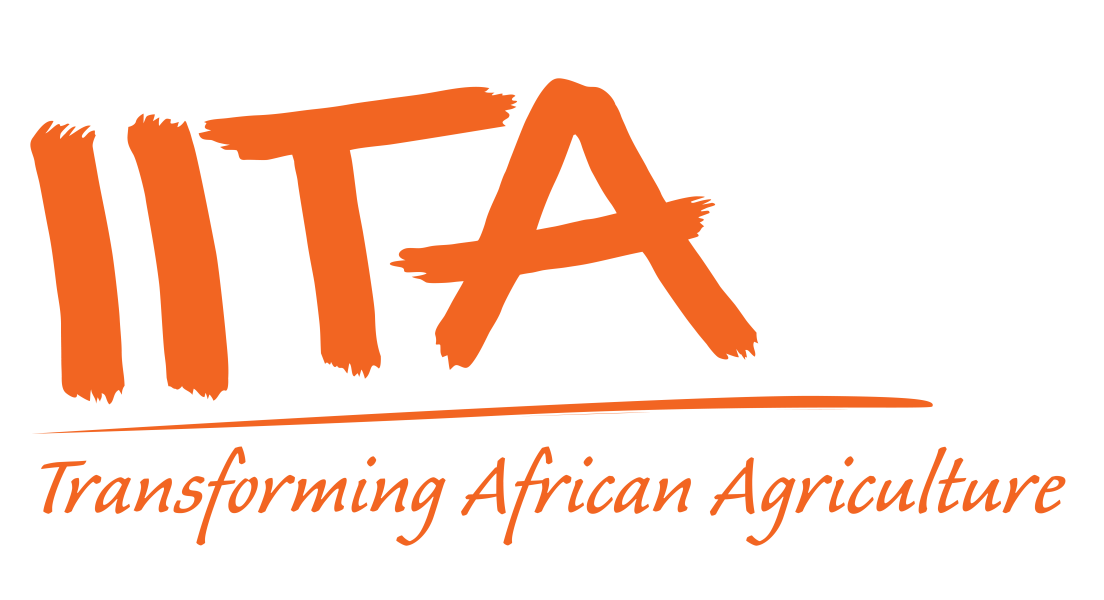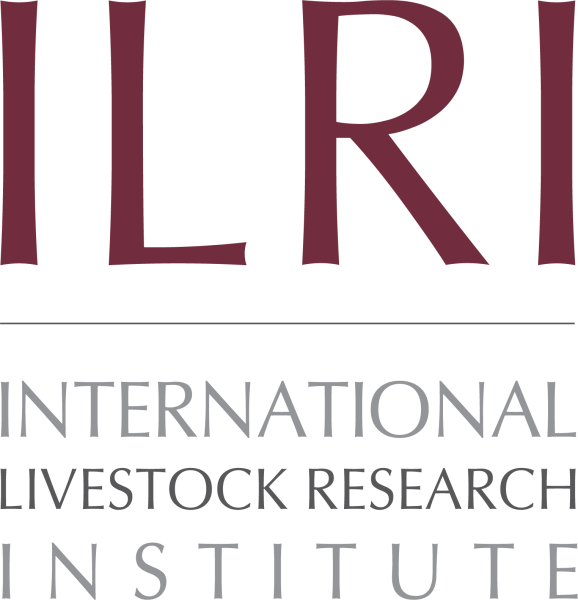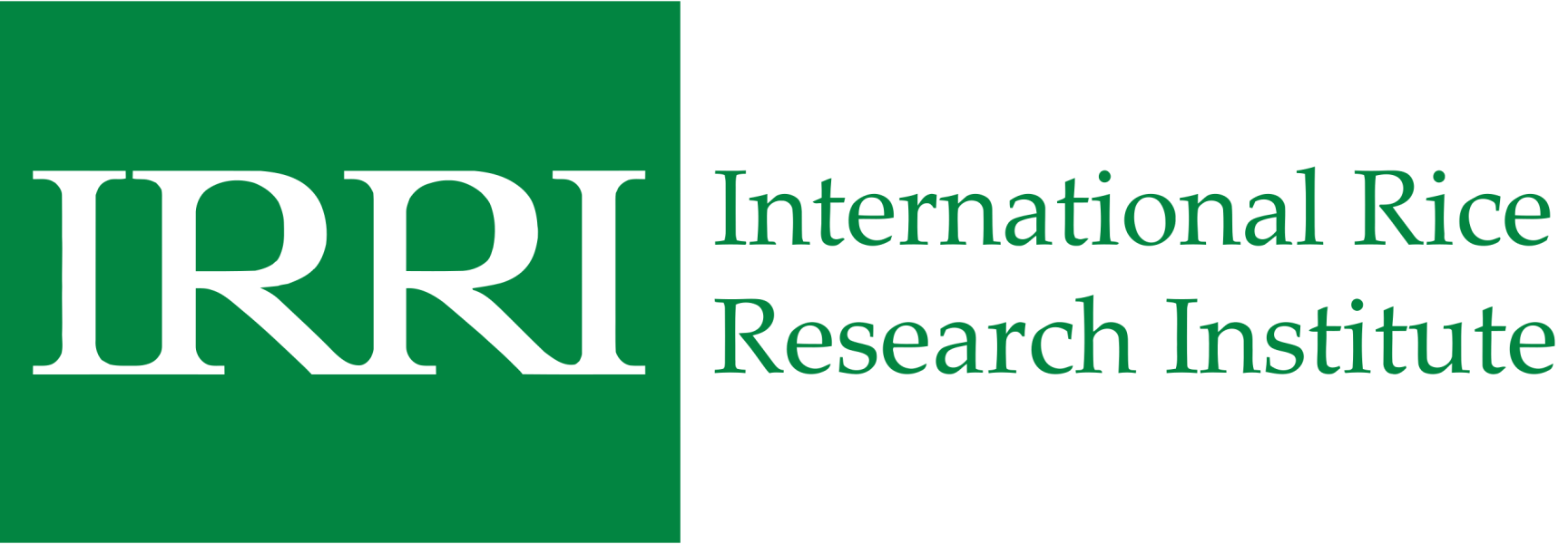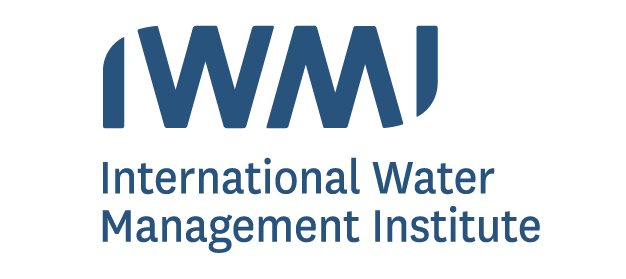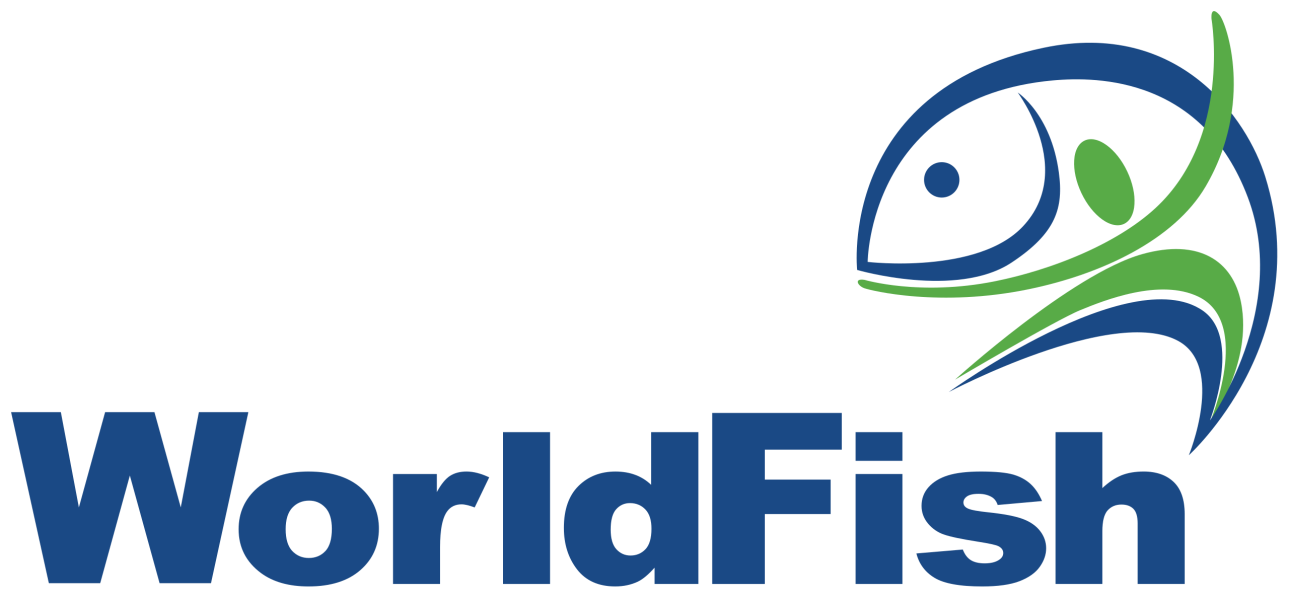CGIAR’s unique approach to managing its innovation portfolio
CGIAR's 2030 Research and Innovation Strategy emphasizes innovation and scalability, advocating for strategic and inclusive public-private partnerships to enhance its innovation portfolio. Through these partnerships, CGIAR participates in thousands of innovation and scaling projects, collectively known as its innovation portfolio. The practice of using data and analytics to guide strategic decision-making and resource allocation is referred to as Innovation Portfolio Management (IPM).
The adoption of IPM approaches by public research and development organizations remains limited according to the OECD. However, CGIAR is pioneering in this space, adopting a unique IPM approach grounded in Scaling Readiness principles. The CGIAR IPM approach has been detailed in a publication within Elsevier’s Agricultural Systems journal, highlighting its distinctiveness and applicability, and an assessment by the Global Scaling Community of Practice, focusing on the integration of scaling practices within public sector funding and implementation bodies, noted CGIAR’s unparalleled commitment to embedding scaling within the innovation process.
IPM currently applies to the “pooled” portion of CGIAR’s research and innovation portfolio (nearly 40 percent of CGIAR’s 2023 funding), and significant initiatives like the African Development Bank funded Technologies for African Agricultural Transformation (TAAT) project are also beginning to adopt this approach. Insights from this work offer other public sectors guidance on leveraging IPM for impactful research and innovation outcomes.
Positioning CGIAR within the broader agrifood innovation ecosystem
CGIAR’s IPM approach aims to enhance internal innovation and scaling capabilities while also connecting with a wide range of external partners in the agricultural innovation ecosystem. This strategy goes beyond internal optimization to engage with government, public, and private sector innovators and scalers.
Central to its internal management is CGIAR’s Performance and Results Management System (PRMF), featuring the Innovation Packages and Scaling Readiness (IPSR) approach, which uses evidence-based methods to monitor and curate innovation along an impact pathway, providing standardized methodologies and metrics.
To complement its internal efforts, CGIAR introduced the Accelerate for Impact Platform (A4IP), a strategic initiative by the Alliance of Bioversity International and CIAT. A4IP aims to transform traditional scientific research by promoting innovative models that transition research products from the lab to the market. It supports teams in developing and scaling early-stage solutions into market-ready products, fostering an entrepreneurial culture among CGIAR scientists and linking them with the external agritech ecosystem. See: A4IP 2023 Year in Review.
2023 achievements toward effective CGIAR Innovation Management
A summary of key achievements are below; more details can be found in the 2023 Portfolio Practice Change (Type 3) report.
Achievement 1: Data- and evidence-driven portfolio management
In 2023, the CGIAR Portfolio reported 843 innovations in development, including 474 new and 369 updated innovations, with 93 percent of the latter showing progress in Scaling Readiness. Additionally, 163 innovations were reported as ‘in use’, benefiting many farmers and stakeholders.
CGIAR also activated mandatory annual updates, collecting new data on innovation users, investment amounts, private sector engagement, and Intellectual Property Rights. For the first time, CGIAR has data on which innovation development were discontinued and why, providing valuable insights for portfolio performance management.
Furthermore, the IPSR outcome-level module was launched to aid CGIAR and partners in defining scaling ambitions and developing strategies to address scaling bottlenecks. In 2023, 27 Innovation Packages were reported which offer a more granular entry point for developing context-specific scaling strategies.
By year’s end, A4IP had profiled over 3,000 innovations using standardized data collection, enhancing linkages between CGIAR and external partners’ innovation efforts.
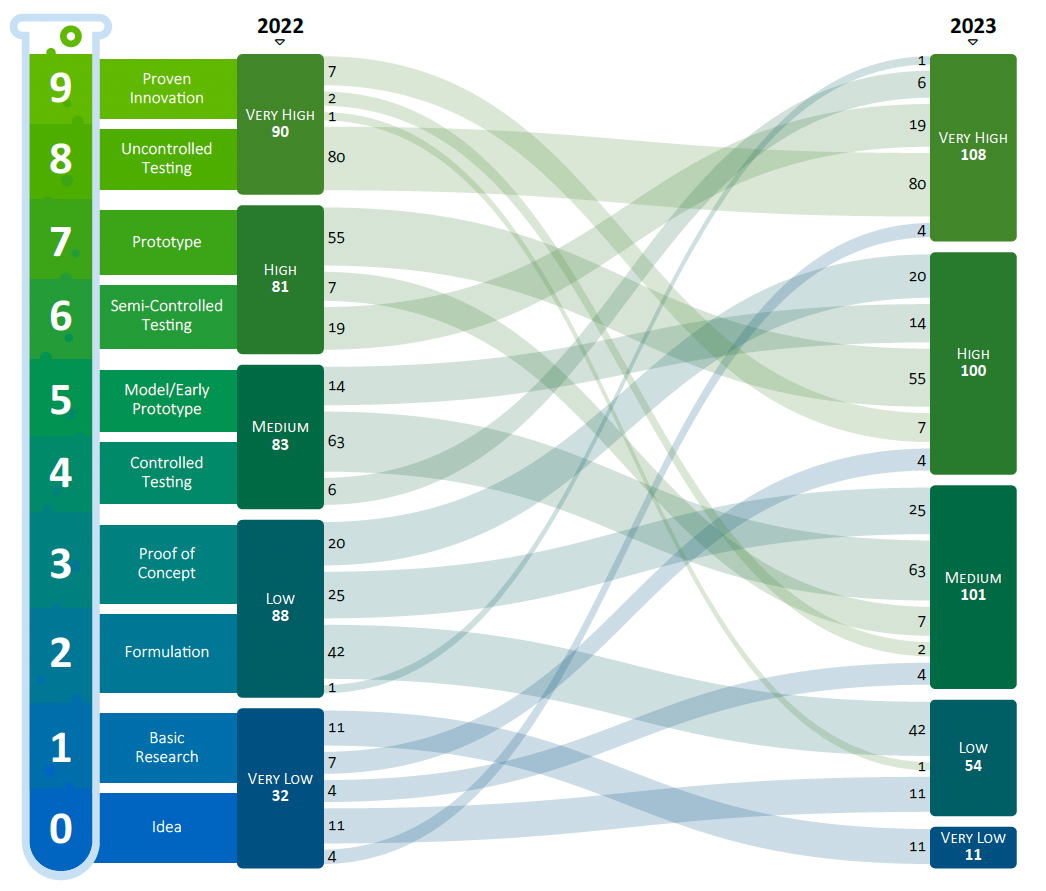
Figure 1. Comparing innovation readiness levels for the 376 innovations that were reported in both 2022 and 2023.
Note: The majority of updated innovations show an increase in Scaling Readiness (93 percent).
Source: CGIAR Results Dashboard, accessed on 1 May, 2024.
Achievement 2: Strengthened capacity and community
In 2023, CGIAR conducted four workshops across Ethiopia, Kenya, Mexico, and Thailand, training 100 facilitators from 28 CGIAR Initiatives and various partner organizations in innovation and scaling. Participants were added to a scaling directory for networking and expertise sharing.
The second annual "Week of Scaling" in Nairobi emphasized inclusivity and sustainability in scaling agricultural innovations, with 98 attendees representing 10 CGIAR Centers and 16 external organizations and partners, including the Forum for Agricultural Research in Africa (FARA), the Association for Strengthening Agricultural Research in Eastern and Central Africa (ASARECA), the World Bank, the Deutsche Gesellschaft für Internationale Zusammenarbeit GmbH (GIZ), and the New Zealand Ministry for Foreign Affairs (MFAT), facilitating dialogues on responsible innovation and scaling and private sector involvement. Dr Agnes Kalibata, president of AGRA, provided a key-note on what it takes to scale agricultural innovations.
A4IP launched the "Venture-Out: Bridging Science and Entrepreneurship" webinar series, featuring success stories from science-based ventures and tech transfer experts, primarily viewed by CGIAR staff, to foster learning and partnerships among innovators.
Achievement 3: Novel modalities to nurture innovation and scaling
Innovation Challenges: A4IP successfully spearheaded two innovation challenges in partnership with CGIAR Research Initiatives in 2023 – the AgriTech4Uzbekistan Innovation Challenge and the Sustainable Cocoa Innovation Challenge in Colombia – and extended its support to seven additional challenges, collectively nurturing 171 innovative teams and startups. A4IP’s work has been recognized as a global ecosystem builder in a publication within the Global Food Security journal. Similar innovation challenges, hosted by the CGIAR Research Initiative Ukama Ustawi (CGIAR Research Initiative on Diversification in East and Southern Africa) and the Fragility, Conflict and, Migration Initiative and the WFP, focused on enhancing the investor readiness of small and medium enterprises.
Scaling Strategies: In a strategic collaboration with the Bill & Melinda Gates Foundation (BMGF), CGIAR is poised to advance its design process for developing, implementing and monitoring responsible and inclusive scaling strategies together with the CGIAR Research Initiatives on Sustainable Animal Productivity and Excellence in Agronomy, and selected bilateral projects from the International Livestock Research Institute (ILRI).
Scaling Fund: CGIAR’s Regional Integrated Initiative, Ukama Ustawi, has inaugurated its Scaling Fund, designed to propel high-impact CGIAR innovations into wider markets, reaching more consumers, and catalyzing significant change. In its inaugural round, after an intensive selection process, three innovations were chosen.
Achievement 4: New internal and external partnerships
In September 2023, A4IP collaborated with the World Agri- Tech Innovation Summit in London, bringing a delegation of five, including two scientists, to showcase CGIAR's agritech research and innovations, facilitating high-level Summit involvement and providing scientists with market exposure and potential partnership opportunities.
The CGIAR Portfolio Performance Unit closely coordinated with One CGIAR Private Partnerships for Impact (PP4I) to streamline Intellectual Property Rights (IPR) efforts, enhancing support for managing IPR across CGIAR and partner teams.
CGIAR’s IPM approach attracted significant interest, leading to key engagements with entities like CIRAD, GIZ, BMGF, the African Development Bank, and others, including FAO. Collaborations with academic institutions like UC Davis and Wageningen University focused on integrating responsible innovation and scaling principles into CGIAR's Portfolio.
In 2023, A4IP signed eight new Memoranda of Understanding with various innovation leaders such as Boost Biomes and Ginkgo Bioworks, to co-design projects and products, strengthening ties with the external agritech ecosystem and leveraging data and technology for more effective institutional programs.
Achievement 5: Progress toward holistic innovation management
The Scaling Community of Practice has commended CGIAR for effectively integrating scaling into its innovation process, a move not widely seen in other research or donor organizations, highlighting the need to extend similar practices to the non-pooled or bilateral portfolio.
There are positive indicators of this integration of the innovation management protocols at CGIAR Centers, including the Alliance of Bioversity International and CIAT, and ILRI, as well as at the level of bilateral projects, such as the African Development Bank-funded Technologies for African Agricultural Transformation and its e-catalog. These are important steps towards mainstreaming the IPM approach in alignment with CGIAR’s broader goals, contributing to a unified innovation narrative and management across CGIAR.
CGIAR is expanding its innovation management beyond its own organizational limits, engaging with funders like the World Bank, BMGF, and GIZ, and partners like CIRAD and FAO, who are keen to adopt elements of CGIAR’s innovation management strategies. To support this expansion and enhance global visibility and quality assurance, CGIAR is exploring the development of open-source software and has begun a due diligence process to determine the best approach to achieve this goal.
Next steps: IPM to support the CGIAR 2025-2030 portfolio
To maximize the impact of CGIAR’s innovation within the 2025-30 Portfolio and align with the strategic goals for 2030, the IPM approach will support:
- Identifying and transitioning "Golden Egg" innovations into the 2025-30 portfolio to meet partner demand and ensure continuity.
- Designing context-specific innovation packages that are ready-to-scale, creating an enabling environment for client use and benefit.
- Co-creating, implementing, and monitoring scaling strategies with government and other sector partners to optimize impact.
IPM will help CGIAR and its partners review their innovation and scaling efforts to ensure the 2025-30 portfolio effectively addresses major global challenges.

